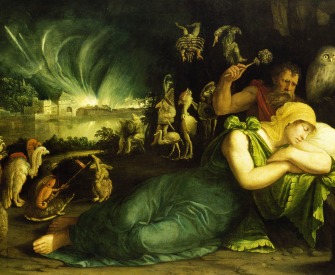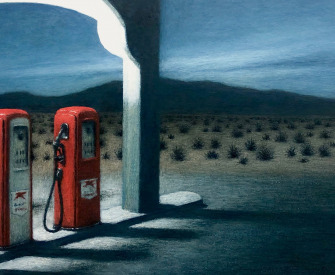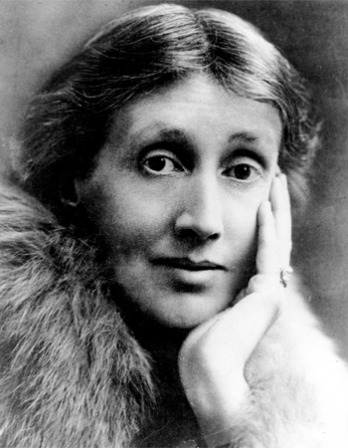I have always found it in mine own experience an easier matter to devise many and profitable inventions than to dispose of one of them to the good of the author himself.
—Hugh Plat, 1595Open Source
George W. Murray wants an equal opportunity to change the world.
Mr. Speaker, I desire to submit a few remarks in favor of the amendment offered by the gentleman from Illinois. I think this presents a favorable opportunity not only to the colored people of the United States but to the white people as well, for a demonstration of their capacity and a vindication of some of the wrongs that have been perpetrated upon the colored citizens of this country.
The colored people are in favor of this Cotton States Exposition, because they are to be allowed an opportunity to exhibit the progress that they have made within the past thirty years. Thirty or forty years ago, our ability to even learn to read and write or to learn ordinary arithmetic was doubted. There were those who denied that we were a part of the Adamic creation and assigned as a reason that we could not vie with the other members of the human family in producing what they produced, in making what they made, or in doing anything except the lower order of manual labor.
We have proved in almost every line that we are capable of doing what other people can do. We have proved that we can work as much and as well as other people. We have proved that we can learn as well as other people. We have proved that we can fight as well as other people, as was demonstrated in the late war. There are still, however, traducers and slanderers of our race who claim that we are not equal to others because we have failed to produce inventors, because, as they say, we have not contributed to the progress that has been made in the invention of useful implements and machinery.
Now, sir, we feel that if we are allowed the space provided for in this amendment and are given a fair opportunity, we will demonstrate to the satisfaction of everybody that we have made and are capable of making almost anything that other people can make or have made. I hold in my hand a statement prepared by one of the assistants in the Patent Office showing the inventions that have been made by colored men within the past few years.
This statement shows that colored men have taken out patents upon almost everything, from a cooking stove to a locomotive. Patents have been granted to colored men for inventions and improvements in the workshop, on the farm, in the factory, on the railroad, in the mine, in almost every department of labor, and some of the most important improvements that go to make up that great motive power of modern industrial machinery, the steam engine, have been produced by colored men.
Mr. Speaker, if we are permitted to have the opportunity proposed in this amendment, we will show to the satisfaction of the world that we are capable of producing nearly everything that other people can produce, and in doing so we will in a certain sense vindicate our white fellow citizens, by showing that in spite of all that has been done to retard his progress, in spite of all the wrongs that he has suffered, the American Negro has been able to accomplish more, has made more progress on the American continent, than the member of his race in any other part of the world.
Mr. Speaker, the colored people of this country want an opportunity to show that the progress, that the civilization which is now admired the world over, that the civilization which is now leading the world, that the civilization which all the nations of the world look up to and imitate—the colored people, I say, want an opportunity to show that they, too, are part and parcel of that great civilization.
We want an opportunity to prove that this country is truly a cosmopolitan country, that it is neither a white man’s country nor a black man’s country but a country to the building up of which all American citizens have alike contributed, whether by effort of muscle or of brain.
Mr. Speaker, in conclusion I ask the liberty of appending to my remarks the statistics to which I referred.

George W. Murray
From proceedings in the U.S. House of Representatives. Following this speech in the Congressional Record is a list of ninety-two patents held by African American inventors. A former slave, Murray studied at the University of South Carolina before working for the Colored Farmers’ Alliance, lecturing and obtaining patents for farming tools. He was later elected to represent South Carolina’s Seventh District in the House, the only African American member of Congress during his four years in office. He narrowly lost reelection in 1894 due to voter fraud and intimidation but successfully challenged the results with a stack of testimony reported to be a foot high.




